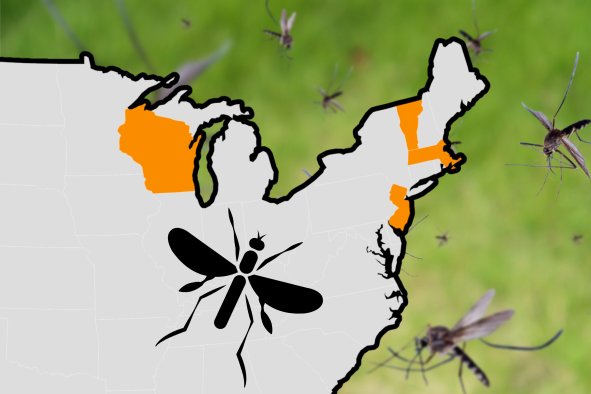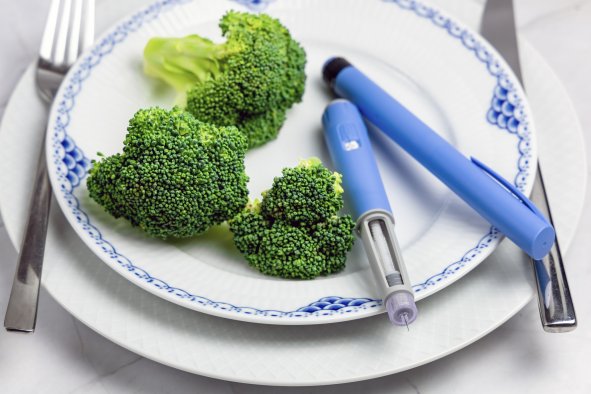Urinary tract infections (UTIs) are on the rise around the world—and they're coming from a surprising source.
Between 1990 and 2019, the number of UTIs reported around the world increased from 252 million to 405 million, with 237,000 deaths recorded in 2019 alone (up from 99,000 in 1990.) Increasingly, these infections are becoming resistant to antibiotics, making them harder to treat, but that is not all that's changing.
UTIs occur when bacteria enter the urethra—i.e. the pee tube—and infect the bladder, urethra and, in more serious cases, the kidneys. The infections are particularly common in women and often occur during sexual activity or poor hygiene practices, like wiping back to front. However, increasingly we are being exposed to these infections through our diets.
A study in 2023 from George Washington University's Milken Institute School of Public Health found that as many as 640,000 UTIs in the U.S. every year appear to be caused by bacteria found on meat.
"We're used to the idea that foodborne E. coli can cause outbreaks of diarrhea, but the concept of foodborne E. coli causing urinary tract infections seems strange–that is, until you recognize that raw meat is often riddled with the E. coli strains that cause these infections" Lance B. Price, a professor of environmental and occupational health and the founder and co-director of the GW Antibiotic Resistance Action Center, said in a statement.
E. coli is commonly found in the guts of people and animals, including the ones we raise for meat. When these animals are slaughtered, the bacteria inhabiting their guts can contaminate meat products. When we eat the meat, the E. coli can colonize our own guts, spreading to our urinary tract and causing a UTI.
These bacteria are also increasingly developing resistance to common antibiotics, largely thanks to intensive farming practices. In the U.S., farm animals often receive routine antibiotics to protect them from diseases, even when they are healthy—this weeds out the weaker bacteria and enables more resistant strains to thrive.
"Eating meat that has been heavily treated with antibiotics may be contributing to increasing rates of antibiotic resistance as the human microbiome is being influenced by meat consumption," Michelle Van Kuiken, a urologist and a urogynecologist at the University of California, San Francisco, told the National Geographic.
"This does not mean that if you eat meat, you are going to get a UTI, but it could increase the likelihood that you may end up colonized with a multi-drug resistant organism."
Luckily, these bacteria are normally killed during the cooking process. But unless you are extremely careful with how you prepare you food, it is easy to contaminate your kitchen surfaces or your own skin. Adhering to kitchen hygiene guidelines is therefore a key step toward avoiding foodborne UTIs.
Other UTI avoidance measures including frequent handwashing, wiping front to back when you use the bathroom, drinking plenty of water, and going to the bathroom after you have sex.
Is there a health problem that's worrying you? Do you have a question about UTIs? Let us know via health@newsweek.com. We can ask experts for advice, and your story could be featured on Newsweek.
Disclaimer: The copyright of this article belongs to the original author. Reposting this article is solely for the purpose of information dissemination and does not constitute any investment advice. If there is any infringement, please contact us immediately. We will make corrections or deletions as necessary. Thank you.



